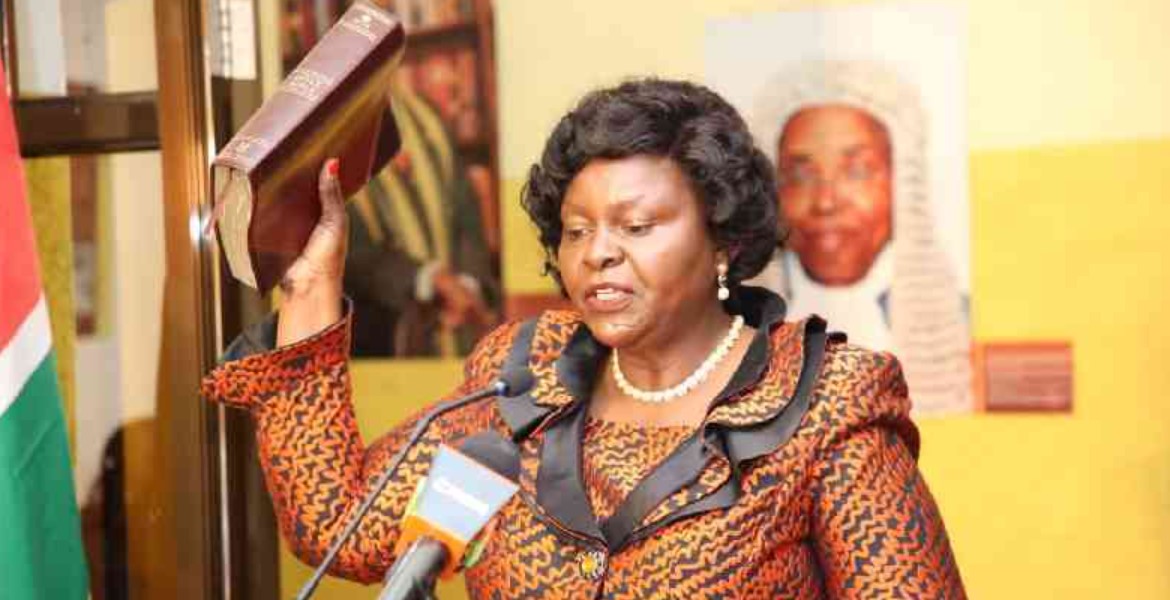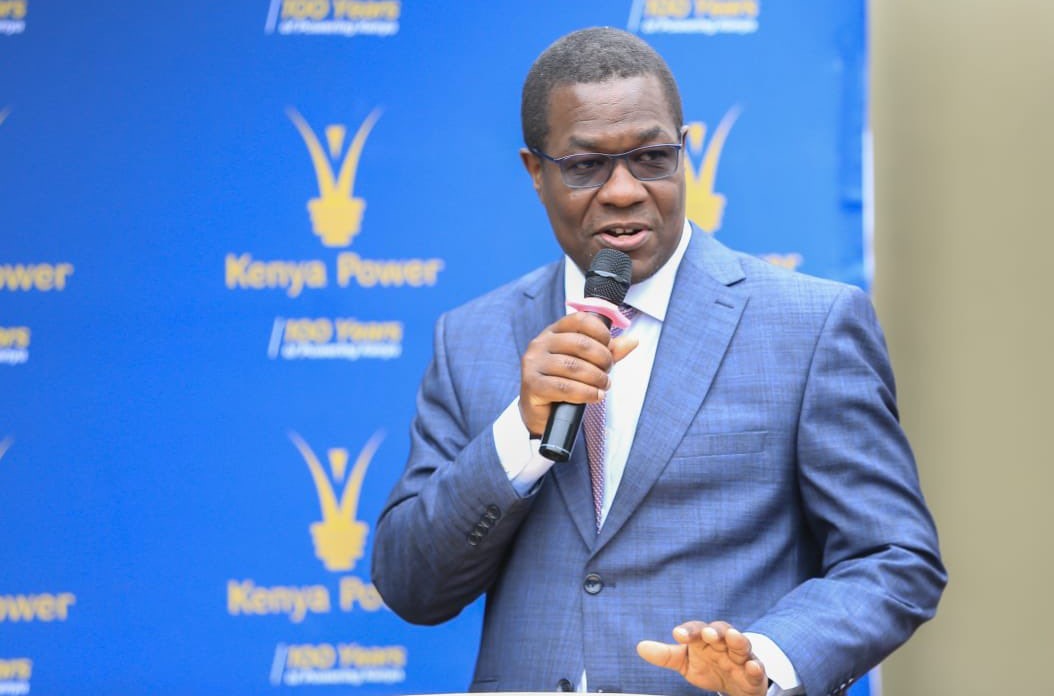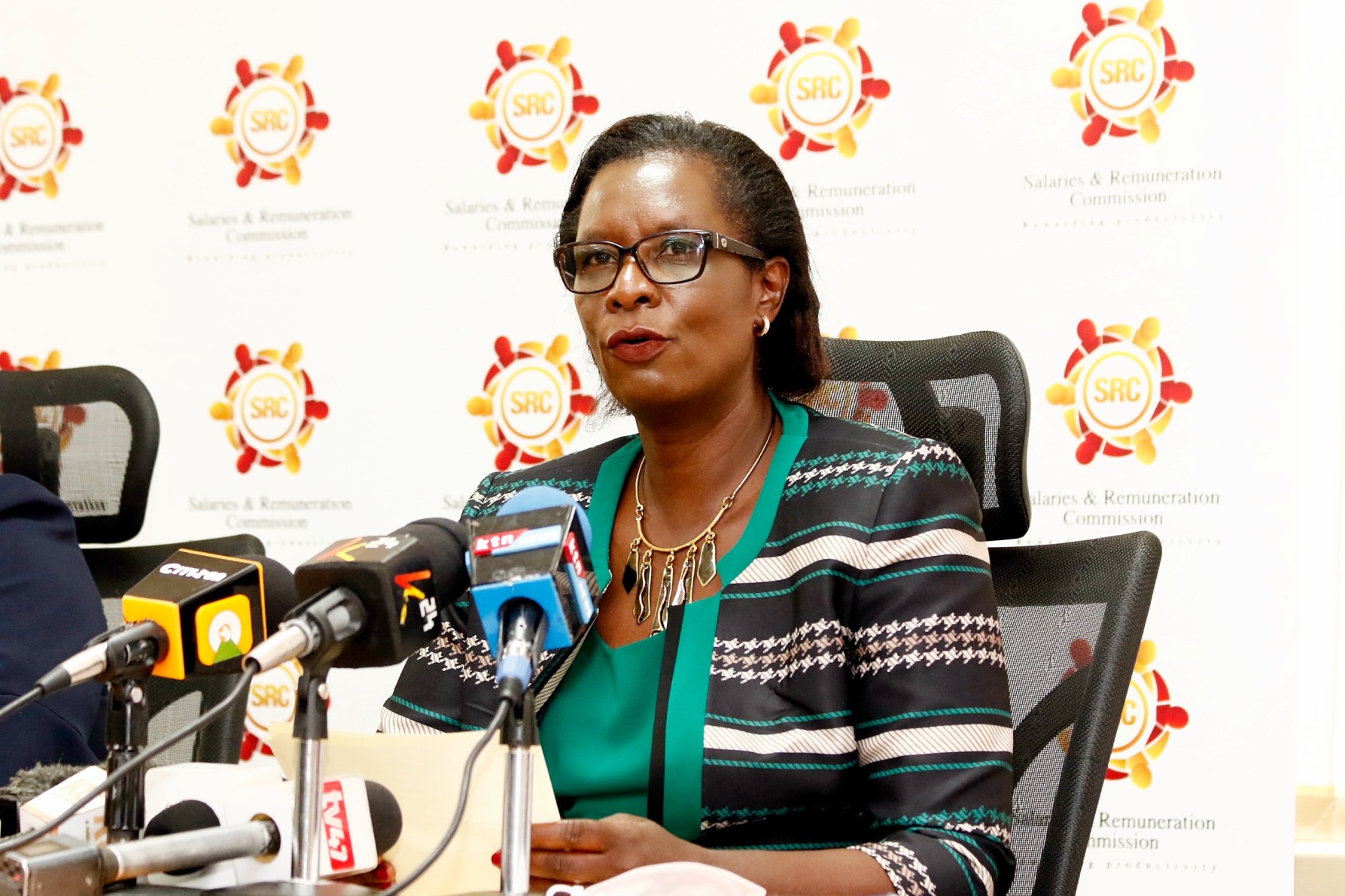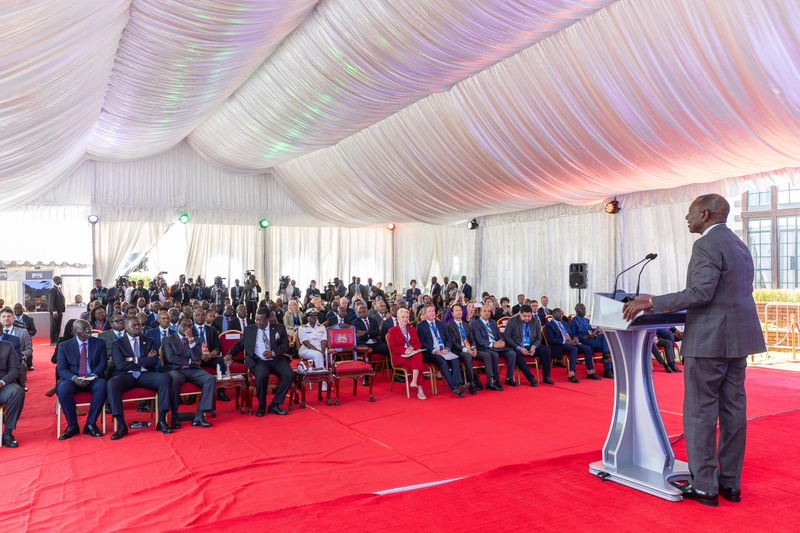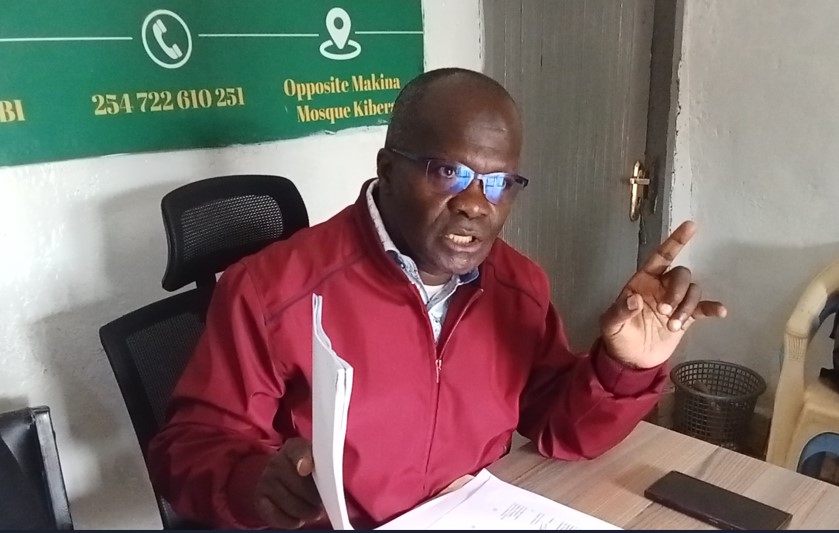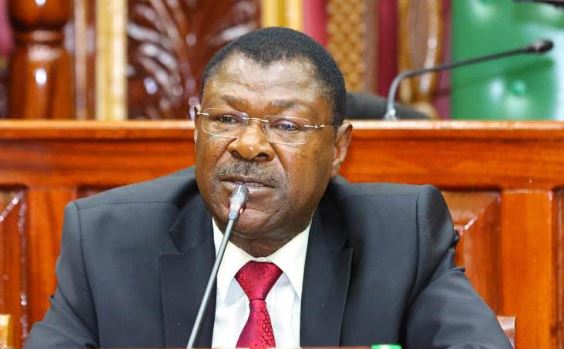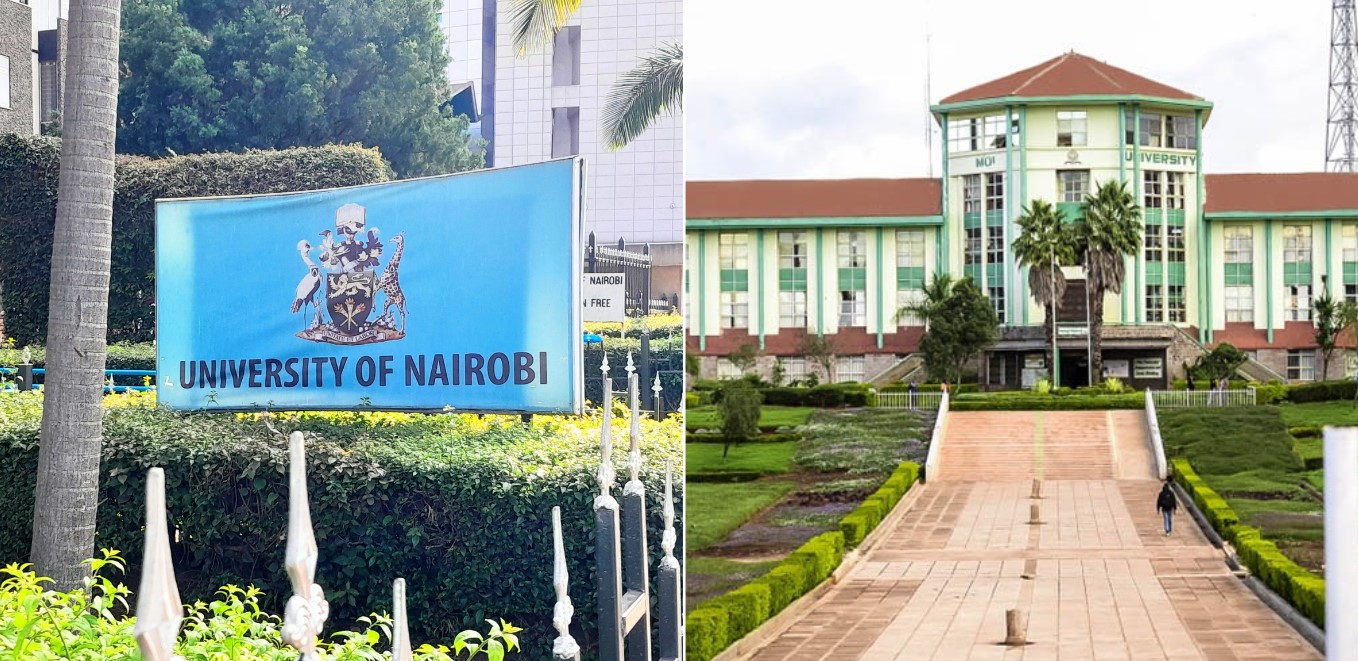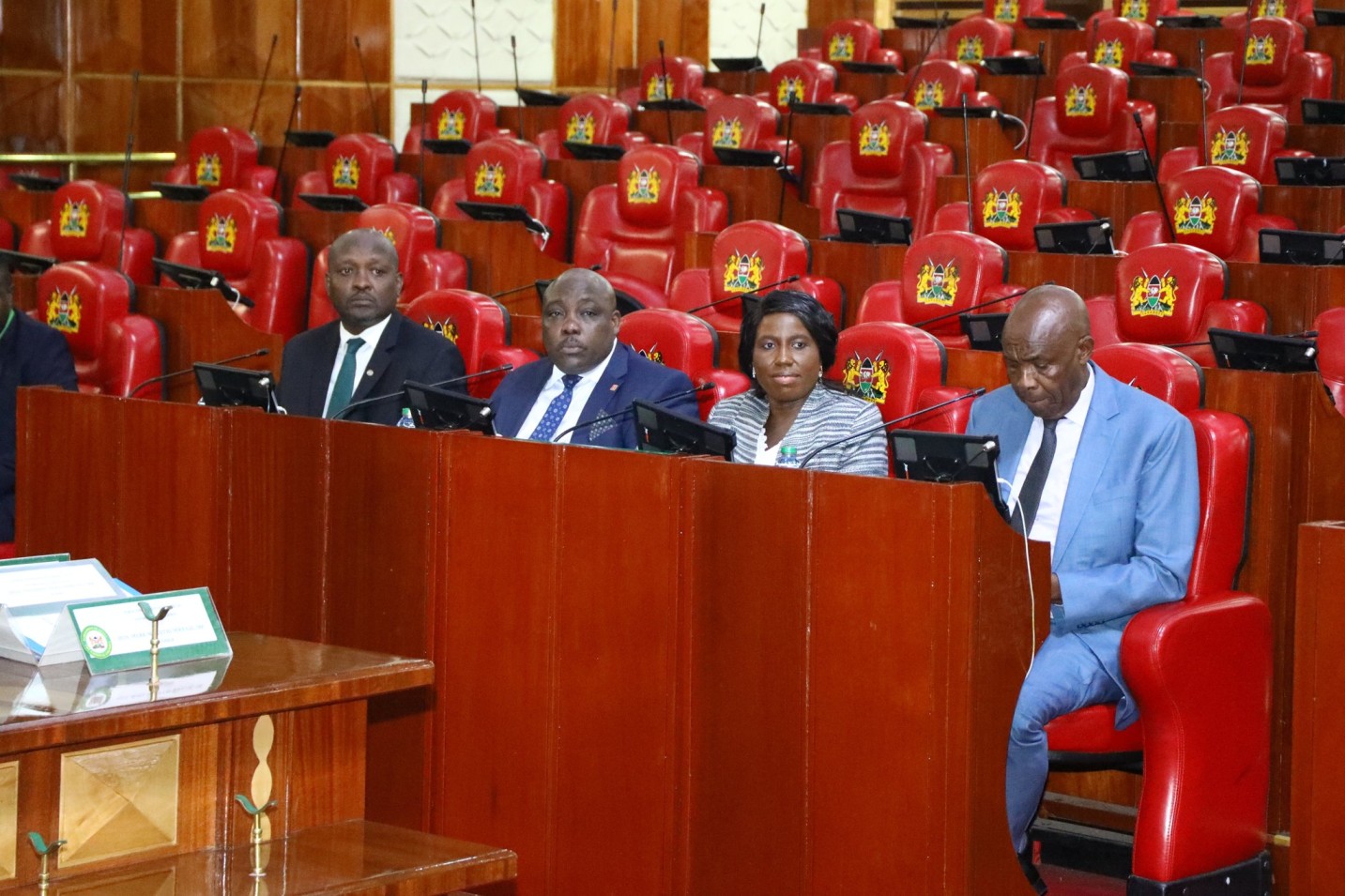Education Ministry unveils five-year plan requiring Sh5.2T to enhance learning
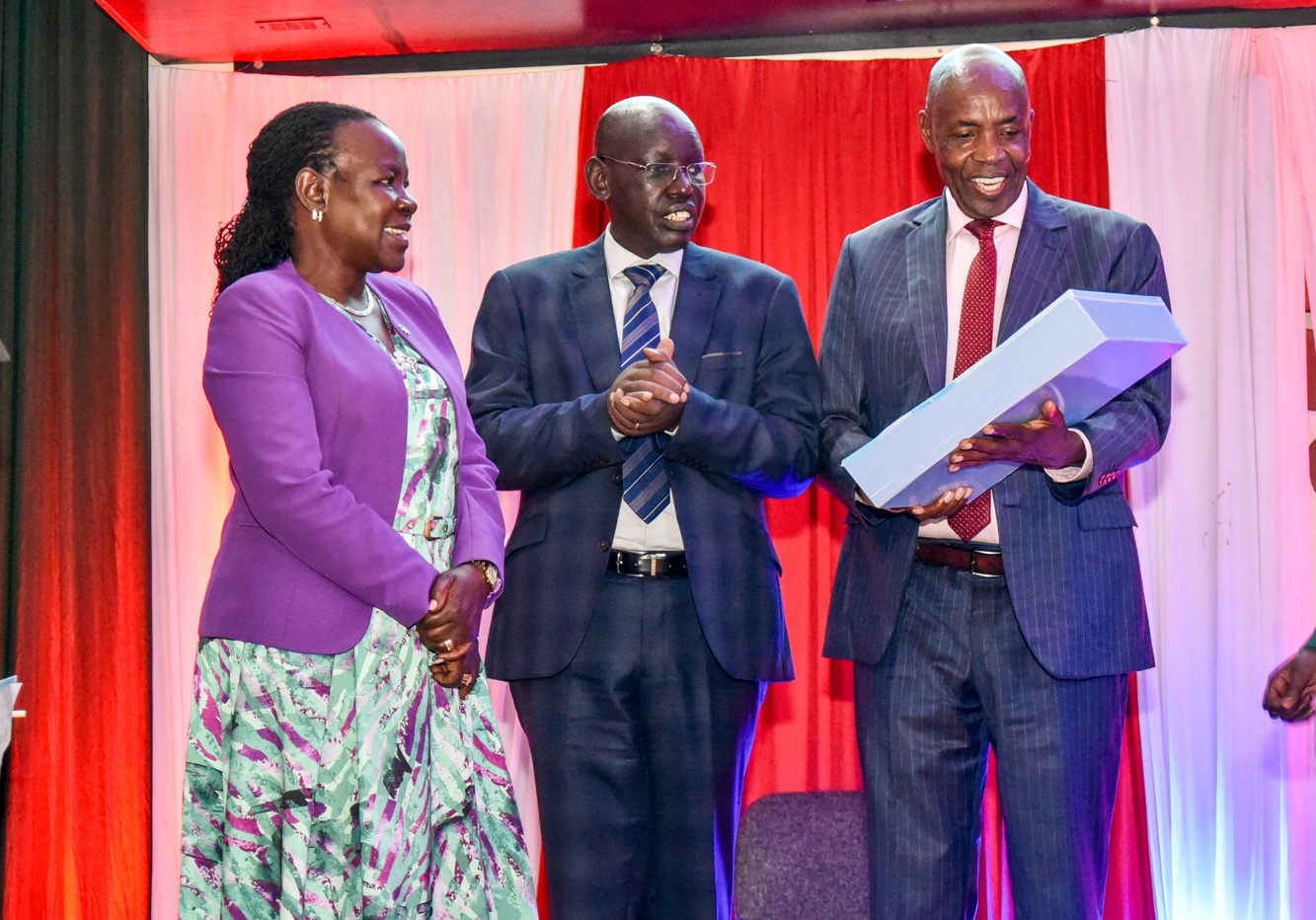
By Lucy Mumbi |
The ministry also plans to employ an additional 111,870 teachers to address the teacher shortage crisis.
The Ministry of Education has unveiled the fourth National Education Sector Strategic Plan for 2023-2027.
Education Cabinet Secretary Ezekiel Machogu said the plan will require Sh5.2 trillion for five years to effectively implement the strategies.
Keep reading
- Ministry of education launches Sh240 million digital skills initiative for teachers’ colleges
- State targets ghost workers as Education Ministry first to undergo payroll system overhaul
- Schools heads warn of early closures due to delayed funding ahead of KCSE exam
- MPs unite, stand firm against proposal to consolidate bursary schemes
“The plan will cost about Sh5.2 trillion over the next five years. To achieve the goal of the Strategic Plan all sector players would need to play their part to mobilise the requisite resource requirements. To this end, we will seek support from the government, development partners, private sector investments, and community contributions,” he spoke on Thursday at the Kenya School of Government in Kabete where the plan was being launched.
This marks the first strategic plan under President William Ruto's Kenya Kwanza Government.
Some of the plans by the Ministry include the construction of 16,000 new classrooms for Junior Schools.
Machogu said the Ministry aims to construct the classrooms by December 2024.
“We have Sh3.5 billion available to build 3,500 classrooms, and these funds have already been distributed to schools,” Machogu said.
The plan also provides for renovations, rehabilitation, and construction of other facilities such as laboratories, dining halls, and WASH facilities.
The ministry also plans to employ an additional 111,870 teachers to address the teacher shortage crisis.
Machogu emphasised the importance of inclusivity in education, noting the plan outlines a clear road map for the support of special needs learners at all levels of education.
To increase access to education, the ministry will seek additional support for the school meals programme, focusing on marginalised areas and urban poor communities.
Currently, 2.6 million children in arid and semi-arid lands (ASAL) and urban poor regions benefit from the feeding programme which has led to increased school attendance.
“Having thoroughly read the document, I do not doubt that this Strategic Plan will ensure that we succeed in the delivery of the important education service. For, as they say, “if you fail to plan, then you are planning to fail”. This well-done strategic plan is indeed a clear testimony that we will not fail to deliver robust and solid education programmes to our children and youth,” Machogu said.
Machogu said the plan emphasises the issues of promoting inclusive practices that celebrate diversity and provide equal opportunities for success.
“The plan promotes cutting-edge teaching and learning methodologies that foster critical thinking, creativity, and problem-solving skills. They also strengthen education management systems, improve transparency and ensure that resources are used efficiently and effectively,” he said.
The CS noted that the pillars also seek to establish mechanisms for ongoing training and support to keep pace with evolving educational practices; enhance digital literacy, provide access to online resources, and promote the use of ICT in teaching and learning.
Reader comments
Follow Us and Stay Connected!
We'd love for you to join our community and stay updated with our latest stories and updates. Follow us on our social media channels and be part of the conversation!
Let's stay connected and keep the dialogue going!

